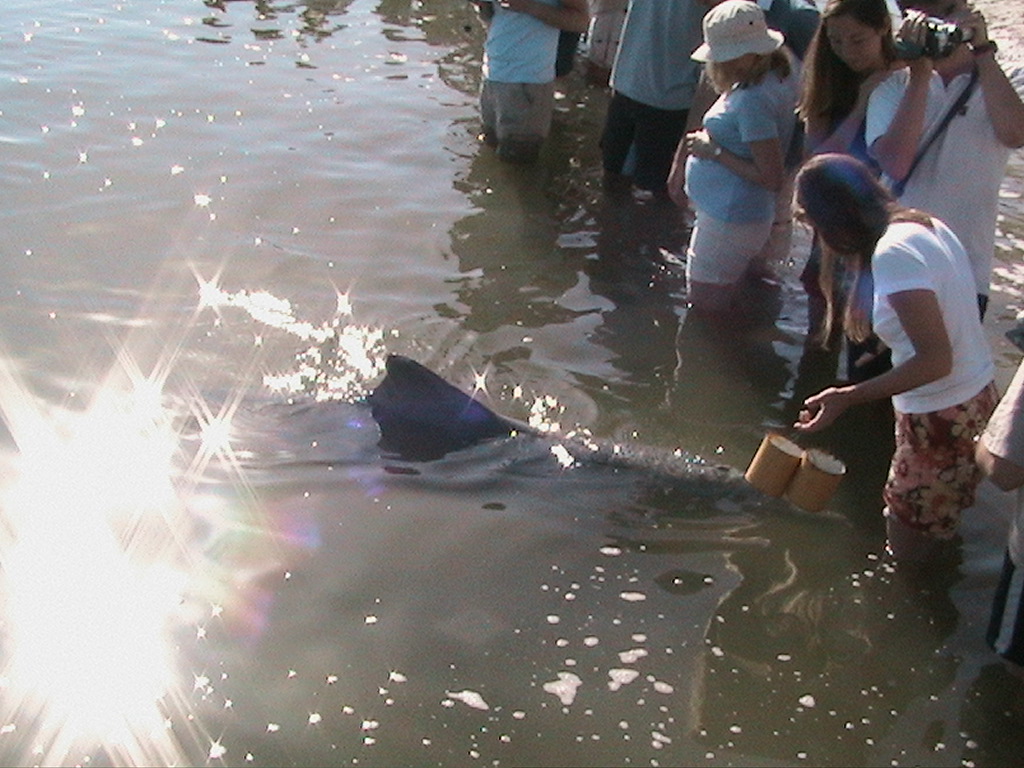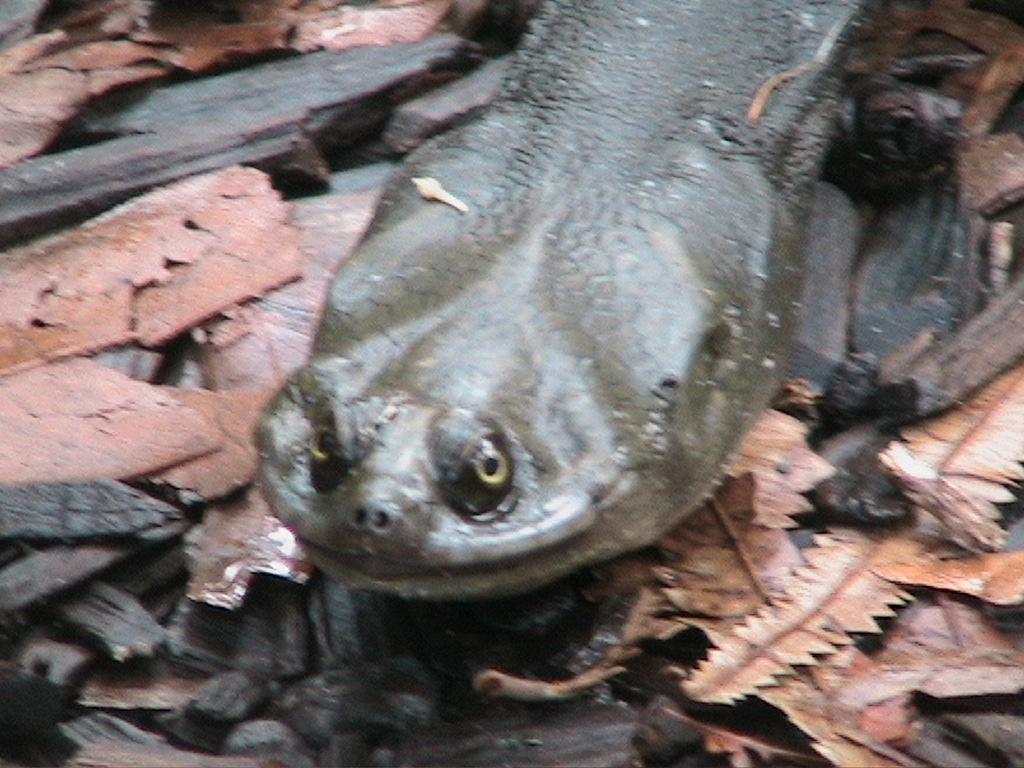Clive Palmer, an Australian businessman and politician, has a history of forming political parties that reflect his vision and priorities. His new party name, which was announced as ‘United Australia Party’ (UAP), is intended to resonate with themes of national unity and inclusivity, aiming to draw voters from various backgrounds. The UAP, first founded in 2013, initially aimed to create a fresh alternative to the traditional political parties in Australia, promoting a mix of economic reforms and national policies.
Palmer’s decision to revive and rebrand the UAP comes in response to prior electoral setbacks and shifting public sentiment. The party name is designed to evoke a sense of patriotism and collective effort among Australians, appealing to voters discontented with the status quo. It also serves as a strategy to capitalize on current political dynamics, especially amidst challenges such as economic fluctuations and social issues. By leveraging a name with historical significance, Palmer hopes to unify voters under a common banner, positioning the UAP as a compelling alternative in the Australian political landscape.



